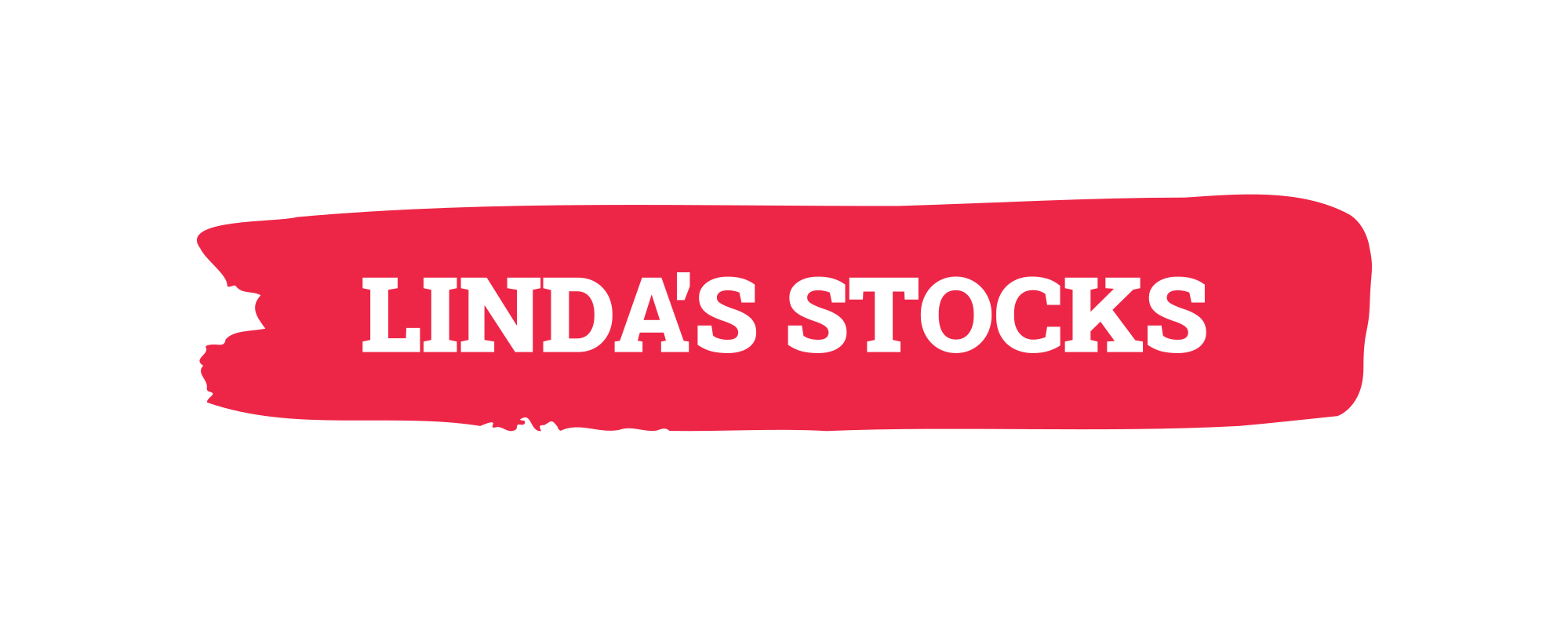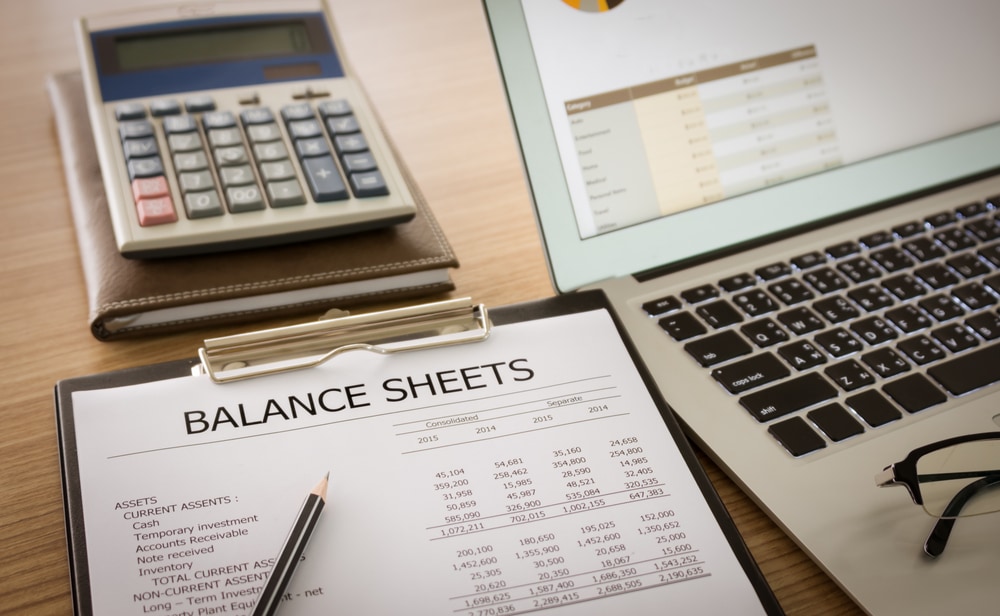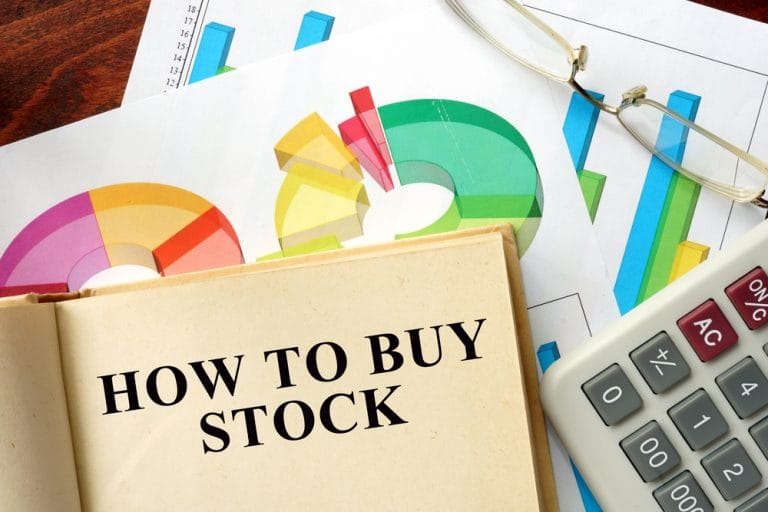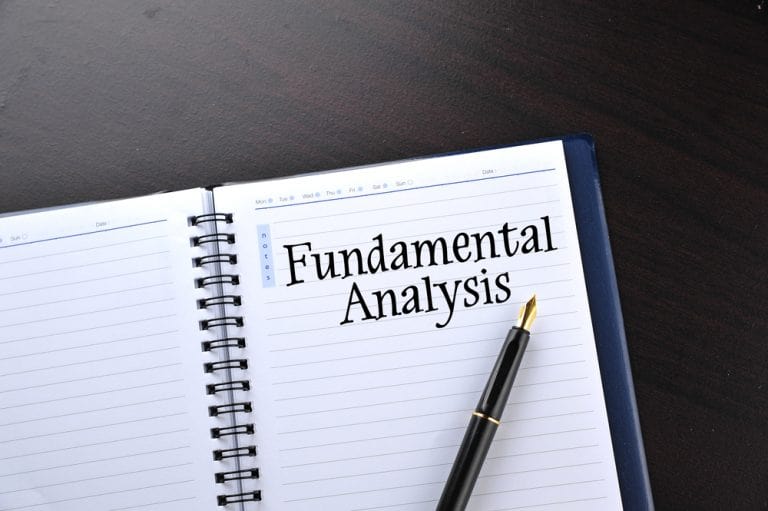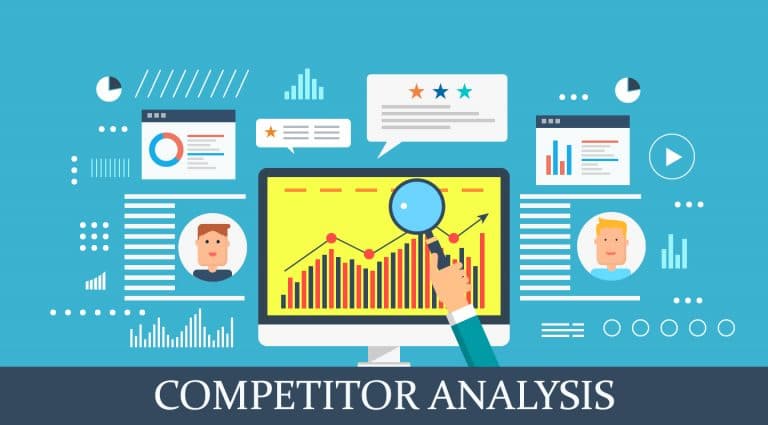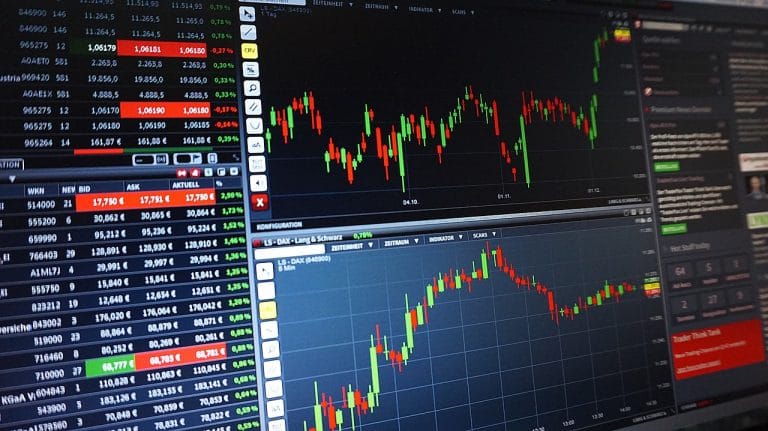Studying The Balance Sheet is Important
Studying the balance sheet of the company you choose is an important part of fundamental analysis. The balance sheet is one of the three main financial statements used to check out a business. (The other two statements are the Income Statement and the Statement of Cash Flows).
An investor needs to analyze the Balance Sheet before they buy their stocks! It is a “big” advantage for the investor to have a “basic” understanding of a company’s financial statements before purchasing its stock. So how important is the balance sheet and what does it consist of? And what do all these numbers mean to you–the investor?
What Does The Balance Sheet Consist Of?
A balance sheet consists of assets, liabilities and ownership equity at a definite point in time. Assets are listed first and then liabilities followed by stockholder’s equity. The difference between the assets and liabilities is stockholder’s equity. The stockholder’s equity section will tell you the amount that shareholders invest.
So, how are all these statistics on the balance sheet going to help you with your investing? The balance sheet will let you know what a company you are interested in owns (assets) and owes (liabilities).
First, lets’ start with the definition of current assets listed on the balance sheet. These are assets the company owns that are expected to be converted into cash within one year. Current assets consist of cash, accounts receivable, inventory, marketable securities, prepaid expenses, and all other liquid assets.
Next, you will notice the long-term assets listed on the Balance Sheet. These assets consist of long-term investments the company has made, such as property, plant, and equipment, intangibles, amortization, and other assets minus depreciation.
The next section of the balance sheet lists a company’s current and long-term liabilities. Current liabilities are debts that the company pays within a year. Examples are accounts payable, short-term obligations, accrued liabilities, and other current debts.
Long-term liabilities, on the other hand, are obligations that are due in more than one year. These obligations consist of long-term debt, goodwill, minority interest and “other” liabilities of a long-term nature.
One very important measure you are looking for on the Balance Sheet is whether the company has more assets than liabilities. You do not want to purchase stock in a company that has major debt!
The next section of the balance sheet is Stockholder’s Equity. Shareholders equity accounts consist of common stock and preferred stock. It is the ownership of the business after all of its’ debts are paid off.
The balance sheet will also list a company’s Retained Earnings. Retained earnings are the surplus monies of companies after dividends are paid out. Companies set aside these monies for future expansion/growth. The company could also choose to pay down debt with its’ retained earnings.
Studying The Balance Sheet Online:
Let’s take a look online at a financial website using Yahoo Finance. Input your company’s stock symbol and under the financial tab pull up your company’s balance sheet. You will be provided with 4 “comparative” years to look at. Study the changes in these numbers from year to year. These numbers will tell you a lot about the company!
Some important questions you should ask yourself: Are the assets growing from year-to-year? Is the debt of the company increasing or decreasing? Are retained earnings still positive? You would prefer to see retained earnings growing from year-to-year. It is not a good idea to invest in companies with tons of debt or negative retained earnings on their balance sheet!
In conclusion, the Balance Sheet is an important financial statement to study before investing in a company’s stock. An investor needs to know what the company they are interested in investing in “owns and owes.” The balance sheet will let the investor know if the company has enough cash to meet their upcoming liabilities.
I hold a Bachelor’s Degree in Accounting and never purchase stock in a company without first studying all of its’ financial statements. I am a “Do-It-Yourself” investor. I pick my own stocks and have been investing in stocks for many years! I know of no better way for an individual to grow their money!
History demonstrates that stocks long-term have outperformed every other investment! Going forward, I hope you will learn, and benefit, from my stock knowledge! And, that my knowledge will help you get started investing and into the “exciting” money-making world of stock investing!
An upcoming article will address the Income Statement…” another” important financial statement to analyze before investing in a company’s stock. So, stay tuned! I look forward to sharing my investment knowledge with all of you! I wish you the “best of luck” with your future investments in the stock market!
